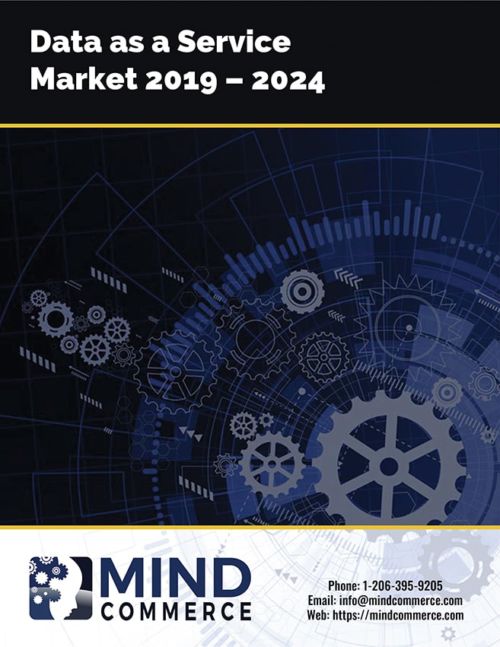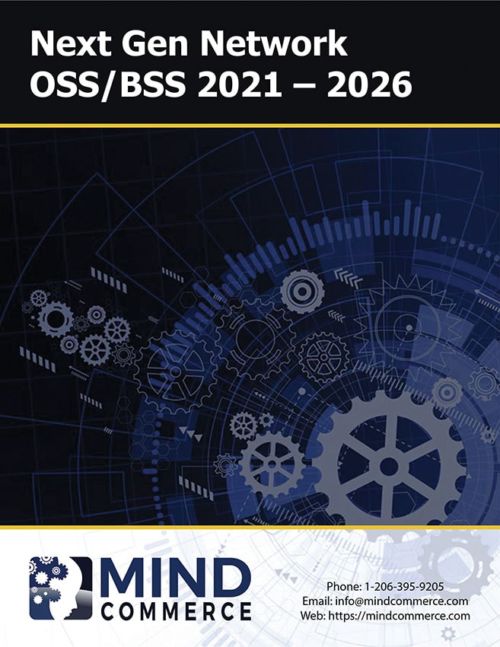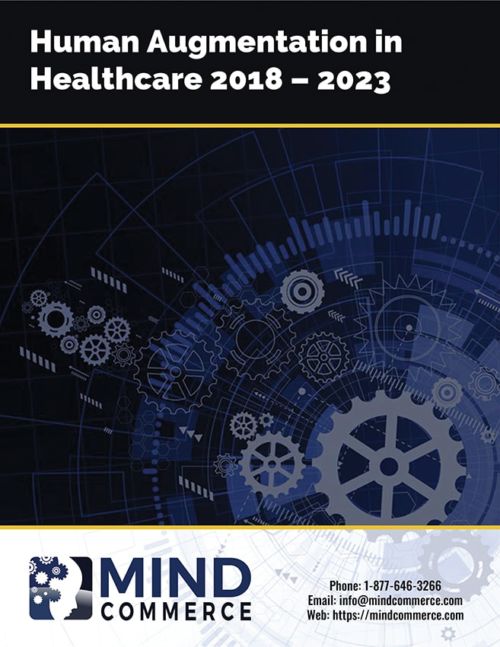Description
A sub-set of the overall asset tracking market, the fleet tracking market represents those solutions that leverage various technologies (GPS, M2M/IoT, embedded and adjunct devices, on-board and remote computing, etc.) to provide solutions for tracking land-based commercial wheeled or tracked motor vehicles including trucks, trailers, vans, cars, special-purpose vehicles, and other fleet assets. Land-based fleet tracking also includes private cars, trucks, and vans used for business purposes. The fleet tracking market also includes air-based (drones, fixed-wing aircraft, and helicopters) and water-based craft (tankers, container vessels, ferries, etc.)
Historically speaking, the fleet tracking market has largely served two primary purposes: (1) improving operational efficiency and (2) supporting regulatory compliance. Regarding the latter, important metrics include location, average speed, acceleration/deceleration, incident reporting (such as when brakes are applied and duration), engine malfunctions, drive time, and other data useful for fulfilling both regulations as well as legal and business requirements in the event of a claim against services, condition of goods, damages or injury.
Regarding operational efficiency, the fleet tracking market is rapidly evolving to provide solutions to improve the ability for fleets to effectively fulfill their mission in the most cost-effective and safe manner possible, while maintaining client satisfaction and corporate goodwill. This includes everything from seamless payload/personnel transfer to proper accounting for care-of-custody, billing, and overall service fulfillment.
The broader scope of the fleet tracking market includes airport asset tracking market related items such as aviation machinery (including planes, helicopters, and ground support equipment) as well as non-roadway assets such as railway equipment (locomotive, rail car, and support machinery) as well as water-based asset tracking such as shipping (government/military fleets, tankers, containers, etc.). Roadway and other land-based vehicles often operate in substantially different environmental conditions between industries and businesses. They also have different needs, constraints, and use cases than those of watercraft and aerial vehicles.
Fleet Tracking Market Dynamics
The ability to track and trace vehicle movements and positioning is a core capability of fleet management solutions which increasingly leverage M2M/IoT systems for telemetry, command and control. Leading vendor solutions incorporate Artificial Intelligence (AI) and advanced data analytics capabilities to provide added-valued features such as real-time and predictive decision making.
Advanced systems will also use self-driving vehicle technologies (such as AI, sensors, and computer vision) to enhance many fleet management objectives including collision avoidance, driver monitoring, and other risk management considerations. As future fleets become increasingly driver-less, vehicle to everything (V2X) communications (and connected vehicles in general) will become more about machine optimization and less about human related information.
In terms of self-driving vehicles, Mind Commerce sees autonomous solutions fulfilling the role for what some fleets do today. This will occur initially in the area of shipping/logistics, beginning with short distance and regionally focused operations including food delivery, transportation, self-service errands, and product delivery. By way of example, Kroger has started trialing grocery delivery in 2019 with an autonomous vehicle market solution. We see car and drone-based food delivery as the tip of the iceberg as the unmanned vehicle ecosystem evolves with goods transport as a high ROI solution for the autonomous systems market.
Fleet Tracking Market Leading Solutions
While the fleet tracking market has made great strides towards automation and ease of use for the fleet owner, commercial fleets remain largely unconnected today. To minimize the impact of interconnecting a fleet, leading fleet management companies such as Momentum IoT are reducing end-user friction through user-friendly, self-service fulfillment that is transaction based and highly intuitive. This is moving the fleet tracking market from a higher cost and complex marketplace to one that is lower cost and simpler to manage.
Certain leading companies such as Spireon are looking beyond simply fleet tracking for compliance reasons, logistics, and asset monitoring. Data analytics are an important part of value-added fleet tracking solutions. By way of example, data associated with vehicle detention (such as fleet delays at location point of delivery), may be analyzed with data analytics programs to determine potential operational changes ranging from procedures, policies, asset and personnel modifications.
Other leading companies are leveraging various IoT solutions such as Roambee, which utilizes automated smart sensors and analysis via cloud data analytics to track shipments and inventory on a dynamic basis including real-time location and condition reports. These types of solutions provide a direct benefit to enterprise and industrial customers as well as many indirect benefits across the entire supply chain including producers, distributors, wholesalers, retailers, and ultimately consumers.
Fleet Tracking Market Report
This fleet tracking market report is part of the Mind Commerce Connected Enterprise series of reports, which is part of our Digital Transformation for Enterprise research practice. This report evaluates fleet tracking technologies, solutions, and ecosystem including major players. The report assesses the impacts of various use cases and specific considerations in terms of asset technology and solution selection. The report also analyzes the outlook for fleet tracking market globally and regionally. Quantitative data and forecasts include market segmentation by technology, connection type, range of mobility, location requirements, and by industry vertical from 2021 to 2026.
Click Here for more Mind Commerce IoT Reports





